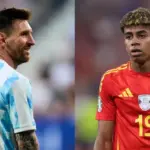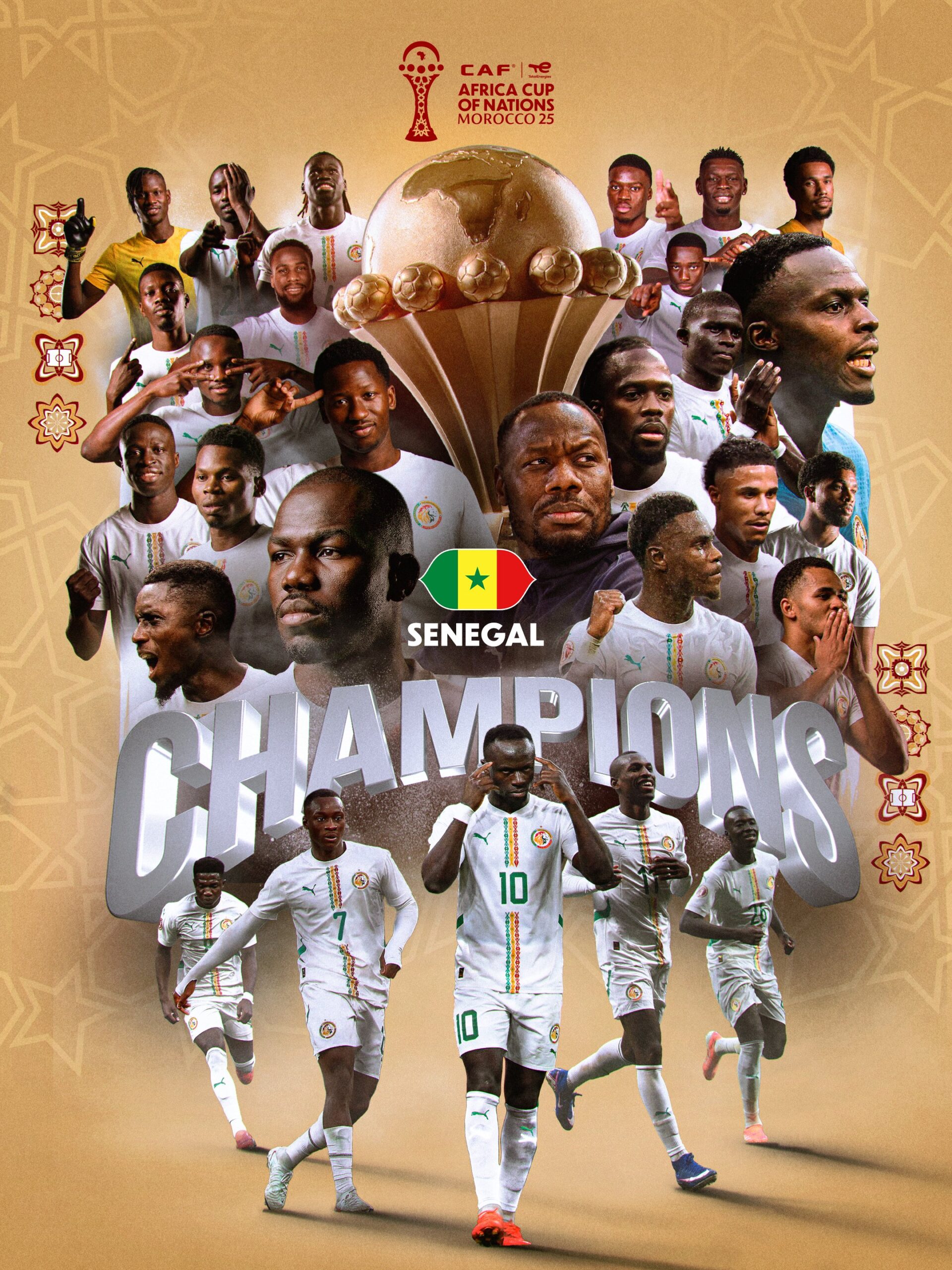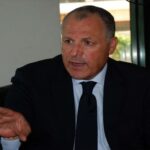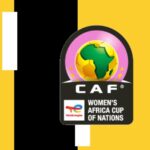El Hadji Diouf declares himself the greatest Senegalese footballer, snubs Sadio Mané
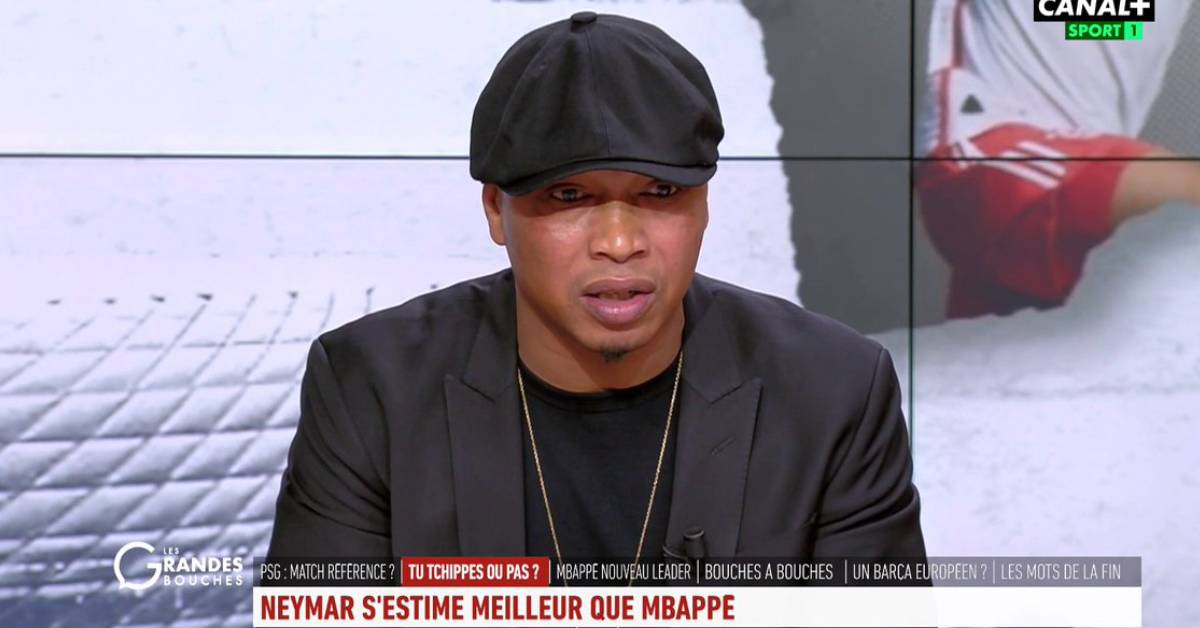
El Hadji Diouf has reignited debate in Senegalese football by declaring himself the greatest player in the nation’s history, bypassing widely acclaimed star Sadio Mané.
In an interview with Canal+, the former Liverpool and Bolton forward pointed to his individual accolades and impact on the national team as defining criteria for greatness.
Asked about who he considers the best Senegalese footballer of all time, Diouf was unequivocal in his response. “Today, whether we like it or not, I am the one and only Senegalese African double Ballon d’Or winner,” he said. “If someone wins three, we’ll talk about it again.”
Diouf, a two-time African Footballer of the Year (2001 and 2002), was part of Senegal’s golden generation that reached the quarter-finals of the 2002 FIFA World Cup and finished runners-up in the same year’s Africa Cup of Nations.
His contribution to that team is widely regarded as a milestone in the nation’s footballing history.
Despite overlooking Mané, Diouf was quick to praise the current Al-Nassr forward, referring to him affectionately as a “little brother.”
He expressed his admiration for Mané’s achievements, including leading Senegal to its first-ever AFCON title in 2022 and finishing as a Ballon d’Or runner-up later that year.
“I hope he wins it five or six times, because he has the talent,” Diouf said. “But I have already written my story.”
While Diouf’s comments may appear self-serving to some, they reflect a broader and often passionate debate within Senegal and across Africa about how to assess footballing legacy.
For Diouf, it’s not only about club success but also national team contribution and individual recognition on the continental stage.
Mané, on the other hand, is often cited as Senegal’s most accomplished player of the modern era. His trophy cabinet includes the UEFA Champions League, Premier League, FIFA Club World Cup, and Africa Cup of Nations.
Statistically, he is Senegal’s all-time top scorer and holds the record for the fastest hat-trick in Premier League history. Yet, Diouf’s argument hinges on the African Ballon d’Or titles—an accolade that continues to carry symbolic weight across the continent.
“I repeat, as we speak, the best Senegalese player of all time remains El Hadji Diouf,” he concluded, leaving little room for doubt about his stance.
His bold proclamation is certain to fuel conversations among fans and pundits alike. While Diouf’s legacy is cemented in Senegalese football history, Mané’s ongoing career and accolades suggest that this debate is far from settled.
For now, both players remain icons in their own right, having carved out extraordinary paths in service to their country.



